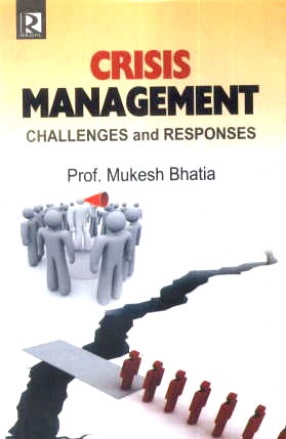Even before the state crystallized as a political entity during the course of societal evolution, there was a democratic well-spring in action. Living and growing communities have always voluntarily engaged in constructive endeavour to fulfil society’s functional needs. They set up service organisations for varied purposes ranging from survival (relief) welfare and development. Over the ages these organisations have changed as much as the milieu in which they originalte and work. Now-a-days they are commonly known as Non Governmental Organizations; (NGOs). Professors Nanavatty and Kulkarni critically examine this kaleidoscope to trace the changing patterns. More importantly they try to identify the enduring values which sustain voluntary action in a democracy. That is what makes a representative democracy into a participative one. In order to revitalise voluntary action the two authors advocate a harmonious partnership with the state, a professional training programme combining the best elements of social work, modern management and concept marketing. Professors Nanavatty and Kulkarni have brought together in this compilation their papers on "NGOs in the New Scenario". Although presented in an academic/professional tenor, their analyses are based on their own first hand experience with and within the NGOs. Their thumb-nail biodata on the rear blurb shows the range and levels of their work experience. As UGC Chairperson Dr. (Ms.) A.S. Desai says in her Foreword to this book, issues raised in here should stir a national debate to arrive at guidelines for future policy on state and voluntary effort.

NGOs in the Changing Scenario
In stock
Free & Quick Delivery Worldwide
reviews
Bibliographic information
Title
NGOs in the Changing Scenario
Author
Edition
1st ed.
Publisher
ISBN
8185565937
Length
xiii+170p.
Subjects





There are no reviews yet.